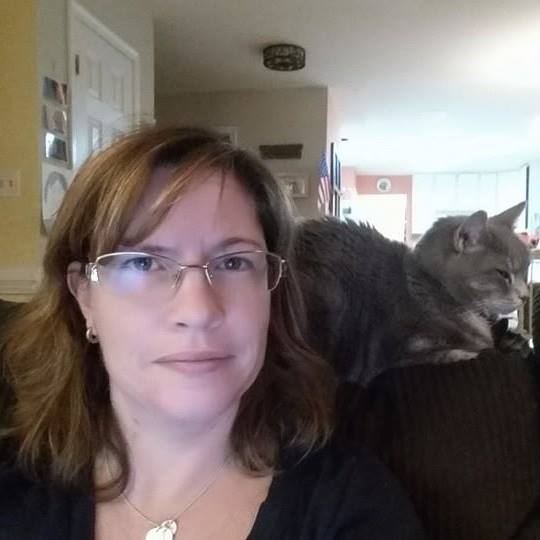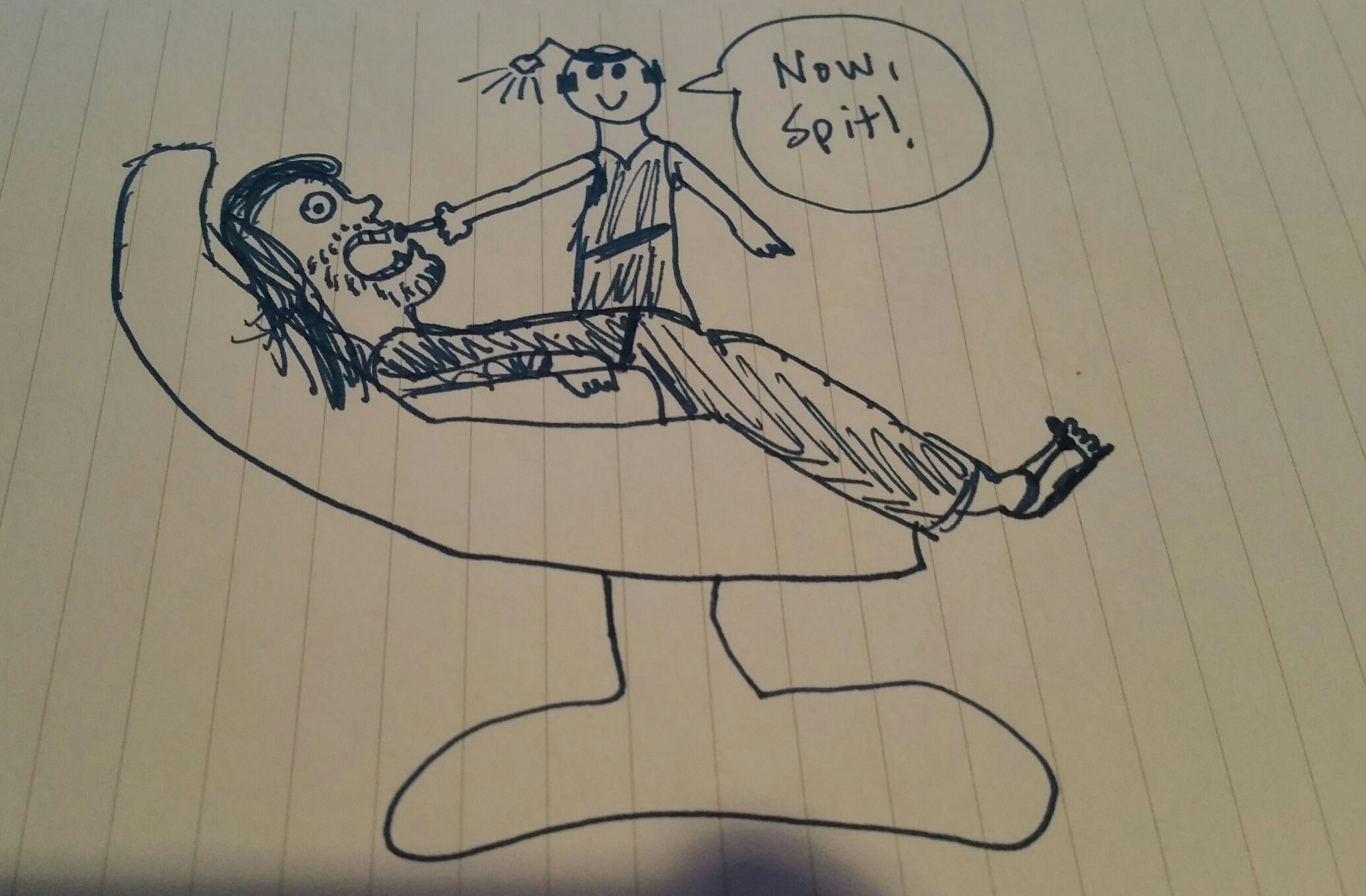“Imagine those poor guys over there. Every five minutes a psycho with a machine gun says, ‘Let’s kill ’em now,’ and someone else says, ‘No, let’s wait a while.’ How long could you stand that?”
So asked Frank Shorter, an American long-distance Olympic runner. It was a good question, and it wasn’t hypothetical. He was talking about the Israeli athletes and coaches taken hostage in a nearby building in the Olympic Village. The year was 1972, and it was the first time since 1936 the Olympic Games were held in Germany.
This summer marks the 40th anniversary of the “Munich Massacre,” wherein members of the Palestinian terrorist group, “Black September” scaled the fences of the Olympic village, killed two members of the Israeli delegation, took nine other Israeli athletes and coaches hostage. Ultimately they slaughtered those nine hostages as well.
Professor Deborah E. Lipstadt puts the event in historical context very clearly in the article, “Jewish Blood is Cheap.” In it, she calls the International Olympic Committee (the “IOC”) on the carpet for refusing to honor the memories of the slain athletes with a moment of silence during this summer’s games. This is not a new request. Families of the victims have made the same request over the course of many years, and have always been rebuffed by the IOC.
She makes a strong argument against their official excuses. One reason given by the IOC for the refusal is that the games are apolitical and should remain that way. (The IOC held a moment of silence in 2012 for the victims of 9/11 – as political a slaughter as you can imagine.) Another reason given is that the games should be a celebratory event, not marred by something so somber. (The IOC held a moment of silence in 2010 for an athlete who died during a training exercise.) She is left to sadly conclude that the only logical reason for the refusal is that the victims were Israelis and Jews, and it isn’t considered worth risking offending countries who are against Israel’s policies by honoring their memories.
As often happens, Jewish people I know and don’t know are taking matters into their own hands. They are asking their rabbis to read the names of the 11 slain Israelis on their yartzeits (anniversary of their death) before reciting kaddish. Chief Rabbi Lord Sacks composed his own prayer to commemorate the deaths of these athletes, to be read in synagogues across the country on July 28th. You can find the prayer and his article here. A commenter on Professor Lipstadt’s article tells of an event being organized to take place in Trafalgar Square in London. “(A)n informal gathering of people to honour the victims of the Munich massacre, to make the kind of public statement that the IOC should be making in the opening ceremony for the Games but which it refuses to do.” He goes on to emphasize that the event would be “non-partisan, non-confrontational and non-controversial. No flags. No banners. No shouting slogans. No singing. No speakers. Just a dignified gathering of people…” The crowd plans to have a moment of silence, then recite the kaddish and sing Hatikvah – the Israeli national anthem – the entire demonstration taking no more than five minutes from beginning to end.
I’m left wanting to be proactive, and asking myself, “Why accept asking only Jews to honor their memories?” Why not continue to reach out to non-Jews as well, as the organizers of the Trafalgar Square demonstration are doing? Baltimore has a long history of interreligious cooperation and support. I wrote my thesis (*cough*) years ago on the topic of Baltimore’s Catholic community’s response to Nazi Europe. While taking pains not to minimize the anti-semitism that existed, I found many expressions of support in the Catholic community for Jewish refugees. I found other examples of Catholic public expressions of outrage at Hitler’s policies. Baltimore also had a very strong chapter of the National Conference of Christians and Jews – a group that formed after World War I in response to hate groups that were popping up.
As recently as last May, The Baltimore Sun ran an article about an Amahdi Mosque being built in the middle of Pikesville – the heart of Baltimore’s Jewish community. “Jewish community leaders say they are trying to show the Ahmadi congregation that Pikesville will welcome them. After some people expressed fears about the mosque, neighbors reached out to the Muslim group and encouraged members to introduce themselves to people who live, work and worship nearby.” According to The Sun, the behavior of both groups was high-minded, mature and kind.
Yet in the middle of July – in the year of 2012, a suicide bomber leaned into a busload of Israeli tourists in Bulgaria, and detonated. 32 people were hospitalized, seven people were killed. Five of those were Israeli – one was a woman pregnant with her first child. One was the bomber himself, and the last was the Bulgarian bus driver.
Within 48 hours of the Bulgarian tragedy, a shooter opened fire in a movie theater in Colorado, killing 12 and wounding 50. I don’t know the killer’s motivation, but regardless, it was a calculated, brutal act of terror.
I know I wouldn’t hesitate for a nanosecond to honor ANY of these victims with a moment of silence. It wouldn’t make one bit of difference what race, religion or ethnicity the victims were. Victims of terrorism deserved to be remembered. Their memories deserve to be honored. Their families deserve to be comforted. I consider any act of terrorism a HUMAN tragedy to be mourned – a direct assault on HUMANITY. The IOC seems not to. Its refusal to hold a moment of silence over the 17-day course of the 2012 Olympics for Israeli Olympians slain DURING THE OLYMPICS of 1972 is nothing short of shameful.
Full disclosure – if you didn’t already know – I am Jewish. As an act of faith (no pun intended), I reached out to Ken Kovacs – respected pastor of Catonsville Presbyterian Church and fellow Patch blogger. He agreed to partner with me in writing about this topic. His take on the IOC’s position will appear in the next few days. As I pass the torch (pun intended) on this IOC issue to him, it’s fitting to point to a September 1972 Sports Illustrated article written by Kenny Moore – a long-distance runner in the 1972 Munich Olympics.
In his account of the hostage-taking, subsequent killings and their aftermath, he tells of a fellow American athlete named Tom Dooley. In discussing whether or not the Games will continue after the murders, he asserted that they would go on – but for all the wrong reasons – financial, political, etc. Mr. Moore asked him what the right reasons were. Mr. Dooley responded, “Just one. To stay together. Who wins or loses now is ridiculously unimportant, considered against these men’s deaths. But we have to stay together.”
If you are so motivated, you can sign this petition at Change.org asking the IOC to honor the memories of those massacred in Munich forty years ago with a moment of silence.















